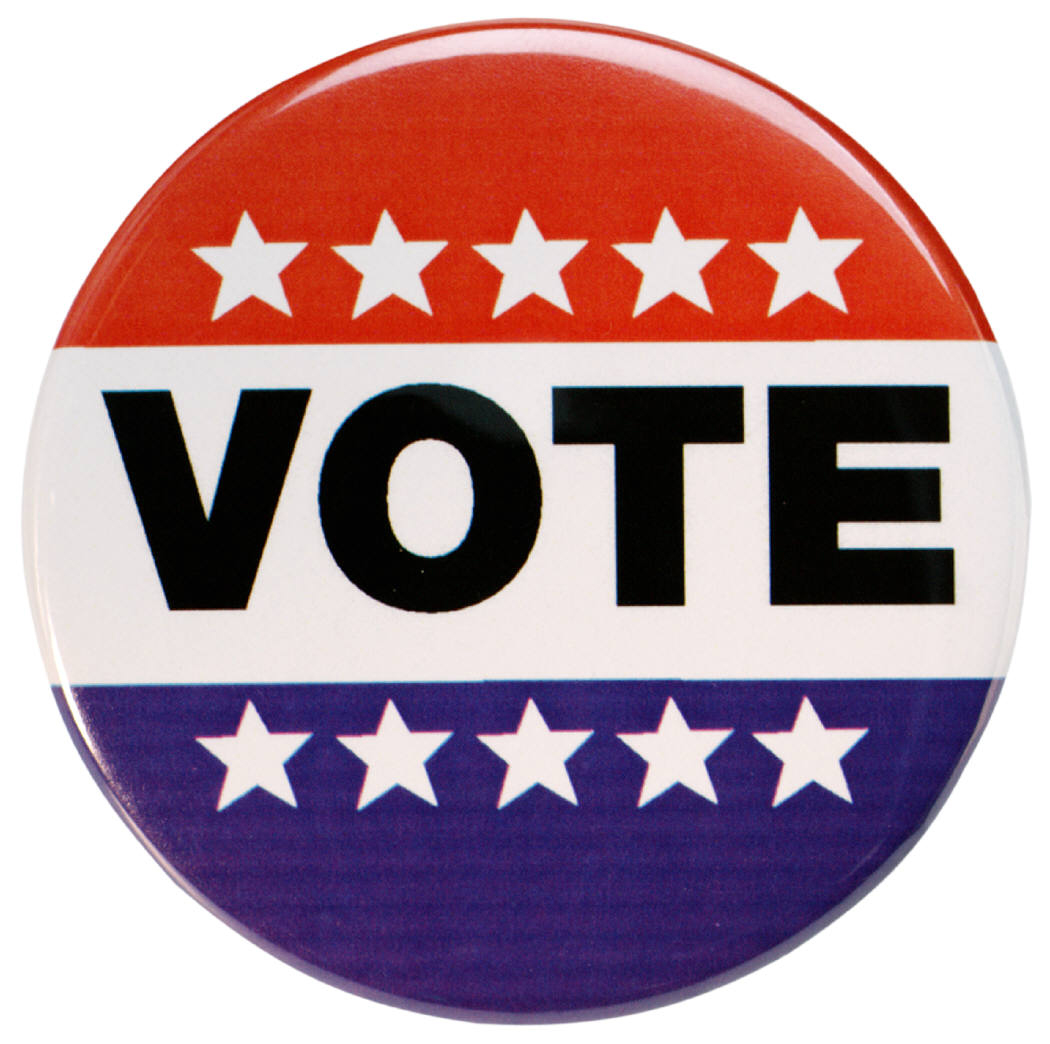
The great COVID-19 election is at last upon us and given the hardships and limitations presented by the virus many Americans have to take extra steps to vote. But some older Americans have pushed the limit even further than others. In fact, they are literally holding death off at the door just to be able to cast their ballot one last time.
“For as long as I’m here, I’ll never skip voting,” 100-year-old Harriet Feferman explained to the New York Times earlier this month. She cast her first vote to re-elect President Franklin D. Roosevelt, in 1940. Feferman was born in 1920, the year the 19th Amendment was passed, giving women the right to vote.
Annamarie Eggert of York, Maine, is 94 and has voted in every presidential election since 1948 when she cast her ballot for Harry S. Truman. She is ailing but determined to vote in this election, too. Eggert has expressive aphasia, a condition that has made it difficult for her to talk. “Come hell — or high water,” she told the New York Times, “I will — vote.”
“In this most contentious of elections, in which the very act of voting has come under fierce national debate, the determination of many very old, ill and infirm Americans to cast what could be their last vote is profound,” noted the New York Times article.
“Though aware that they might not live long enough to be affected by the results, they say they are voting for children, grandchildren and their future — a final heartfelt, empowering act as American citizens.”
There are many reasons why older Americans are such persistent voters. The New York Times article quoted Dr. Barry K. Baines, a palliative care physician in Minneapolis, who stated that people in their late 80s and 90s belong to the Greatest Generation, who grew up during World War II. “At its core, this was the most civic-minded generation,” said Dr. Baines. “If you’re an American, you vote because you have the freedom to vote. So that generation has a sense of how effective one person’s vote can be.”
A US News & World Report article explained that older Americans vote because they have a vested interest in protecting the valuable benefits they receive from the federal government, such as Social Security and Medicare. They also tend to live in the same spot for longer, which allows them to learn their polling location and make voting a routine. “They don’t have to re-register to vote” and “they don’t have to learn a new polling location or method of casting a ballot,” one political scientist explains in the article. “Voting eventually becomes a routine.”
The article also displayed some striking statistics. Some 64 percent of citizens age 65 and older voted in the November 2018 election, the best turnout of any age group. Meanwhile, just 37 percent of 25 to 34-year-olds voted. And for the age group 18 to 24, a mere 30 percent voted in November 2018.
In Portland, Oregon, in September, Judy Welles, a retired minister who was battling a rare cancer and being kept alive with the help of intravenous nutrition, realized she probably was not going to live to election time. So, through a campaign called Vote Forward she wrote letters to registered voters in Pennsylvania urging them to cast their ballot.
“I told them that I’m dying, that this is the most important election ever, that I can’t imagine not voting and would they please exercise their right to vote,” Welles told the New York Times. “I’m not afraid to play the death card. If that’s going to impress somebody into voting, that would be great.”
A few hours after sealing the letters, the article reported, Welles took a prescription her physician had written for her, in accordance with Oregon’s Death With Dignity Act. Then, surrounded by family members, she died.
So, everyone who can, cast your ballot in one of the numerous ways available to you. Do it for the older Americans. Do it for the younger Americans. Do it for you. More information and resources on what your options are can be found here, on sites like Vote.org, or Vote411.org.









